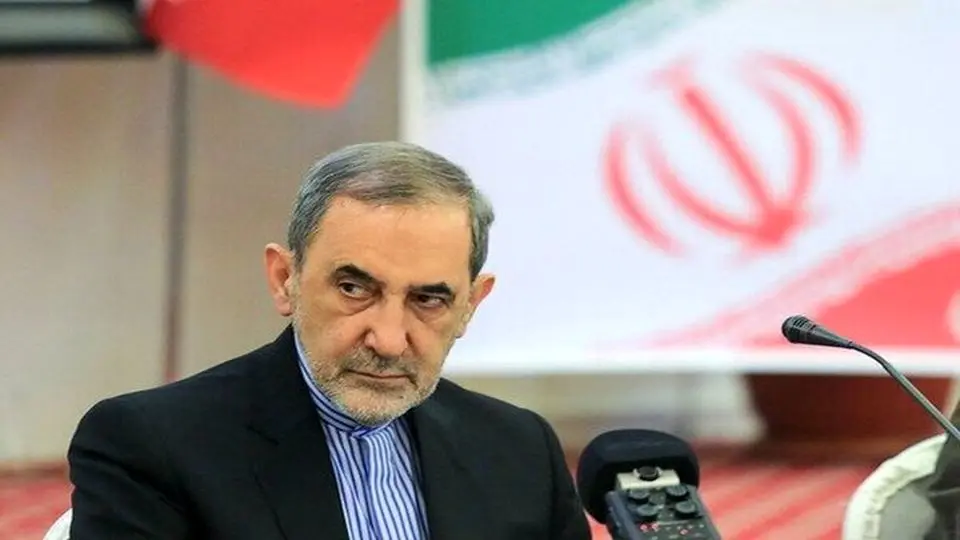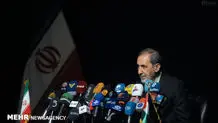Iran protects security of S. Caucuses region amid NATO plots
The South Caucasus is an important aspect of Iranian and regional security, as such Iran will not allow any Western plots to harm security in the region to see the light of day, according to Ali Akbar Velayati.

MEHR: The South Caucasus is an important aspect of Iranian and regional security, as such Iran will not allow any Western plots to harm security in the region to see the light of day, according to Ali Akbar Velayati.
Ali Akbar Velayati, an adviser to the Leader of the Islamic Revolution on international affairs amde the remarks in a contribution to Al Mayadeen Network, the full text of which is as following:
In the last few days, the European Union and the United States met in Brussels within the framework of the North Atlantic Treaty Organization (NATO), agreeing on a new decision around putting in place a new plan for the invasion and illegal interference in the South Caucasus region (the region encompassing Georgia, Armenia, and Azerbaijan bordering Iran and Turkey from the south and Russia from the north). They stated that they want to intervene in this sensitive region, and from what has become apparent, they declared bringing "peace" to the region as one of their goals.
This type of behavior indicates that this group, which is not committed to its deadlines, only wants to pave the way to create tension in sensitive parts of the world and to obtain a pretext for military presence at the expense of this region's security and the independence of its states.
The sensitivity of the South Caucasus region is not veiled from anyone, and the honorable history of the Islamic Republic of Iran shows that it has always been an important pillar in maintaining security and peace in this region while preserving the rights and particularities of nearby states.
NATO's new plan and its formation are based on the US initiative and require the help of some mediators in the region.
It is worth noting that nearly two years ago, an initiative that holds the same direction, but under a different guise, was suggested. In that initiative, they wanted to create a more elegant facade, which when unveiled, revealed many highly harmful details when they were attempting to claim to be facilitating communication to transfer energy between South Caucasus nations.
The execution of such a strategy would not only lead to significant and strategically disruptive outcomes at the expense of the region's nations but also result in the erosion of their historical borders and the emergence of internal conflicts. These developments will be exploited by Western powers, led by the United States of America, as a pretext for intervening in the region. Consequently, it would exacerbate existing tensions among neighboring states by fueling the fire raging between the South Caucasus states, paving the way for the expansionist agendas of Western powers under the guise of conflict resolution.
It should be noted that the Americans, as the highest decision-makers in NATO, aimed to deploy the forces of this organization in southern Russia or northern Iran to obtain energy resources in the Caspian Sea and Central Asia. Since its inception, this plan has been thwarted, thanks to the vigilant stance of the holy Islamic Republic and its steadfast opposition to such a scheme.




